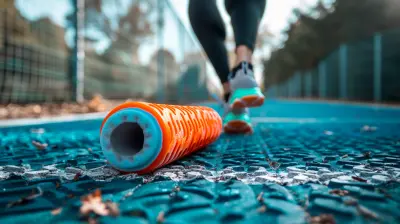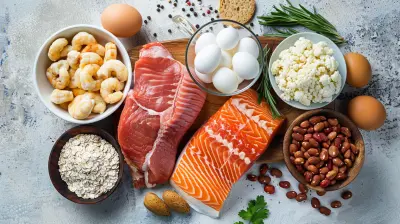The Role of Relationships in Healthy Aging
5 October 2025
Aging—it’s the one club everyone joins, whether we like it or not. There’s no velvet rope, no secret password, and certainly no way around it. But here’s the kicker: while we can’t stop the clock, we can make the ride a heck of a lot smoother—and wildly more fun—by keeping good company along the way.
Yes, I’m talking about relationships. Not just the romantic kind (although lovebirds still have their perks), but friendships, family ties, community bonds—you name it. Science backs it up, grandma swore by it, and your group chat might just be the secret to a longer, happier life.
So, grab your favorite drink, cozy up, and let’s talk about how our relationships might be the real fountain of youth—with fewer side effects and much better snacks.
Why You Should Care About Relationships and Aging
Let’s face it: kale smoothies can only take us so far. Sure, eating clean, exercising, and sleeping well are crucial for aging gracefully. But relationships? They’re the unsung heroes of healthy aging.You know that warm, fuzzy feeling you get when you're laughing over coffee with a friend? That’s not just a mood booster—it’s a biological one.
Social connections can:
- Boost your immune system
- Lower your risk of chronic disease
- Improve mental health
- Even extend your actual lifespan
In other words, your chatty neighbor might do more for your heart than your treadmill ever did. Shocking? Maybe. True? Absolutely.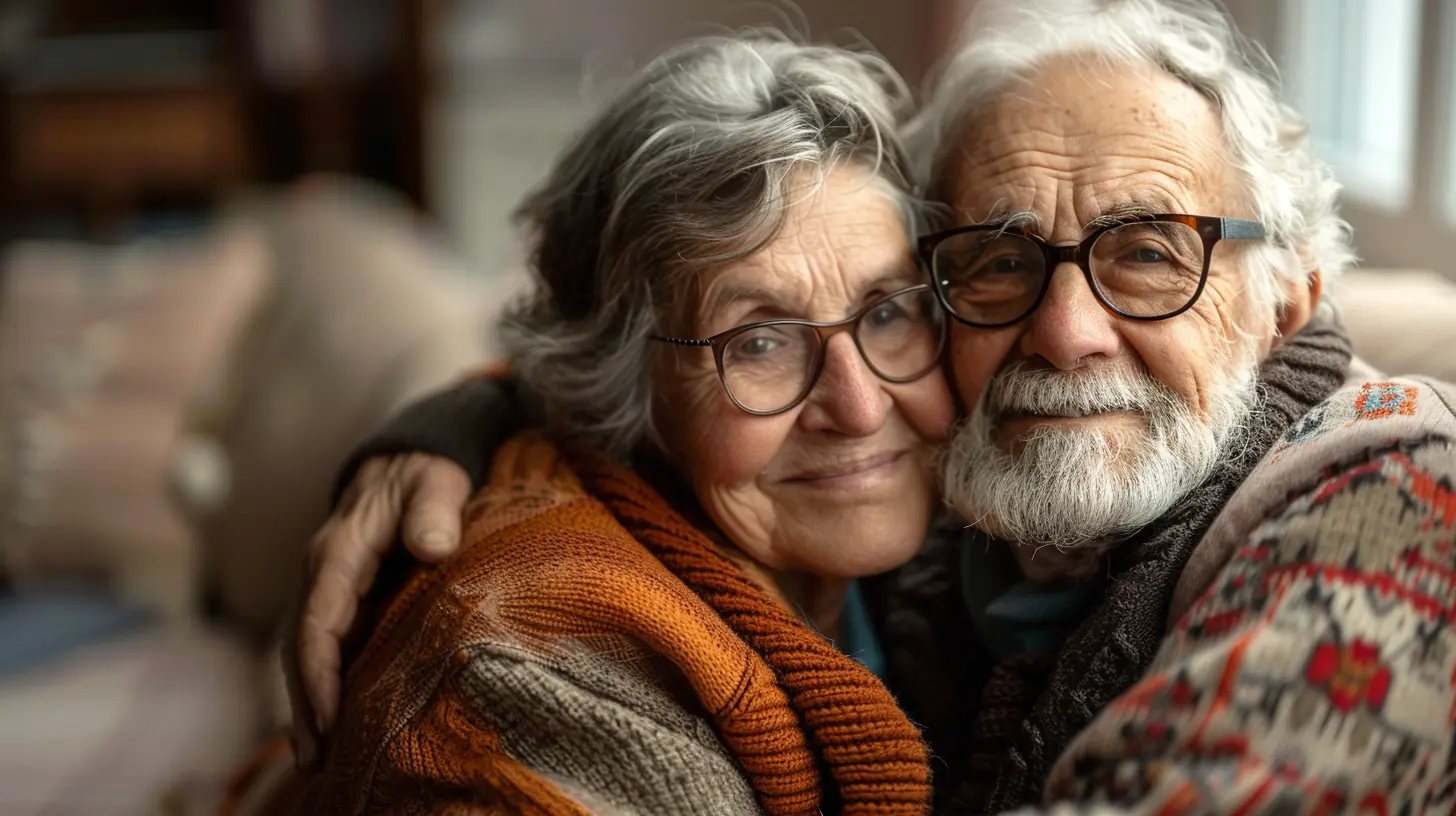
The Science-y Stuff (Without Making Your Eyes Glaze Over)
You don’t need a degree in neuroscience to appreciate this: relationships = brain candy.Multiple studies show that people with strong social networks tend to live longer and stay sharper as they age. Why? Because social interaction stimulates the brain. It’s like giving your gray matter a gym membership—without the sweaty equipment.
When we’re socially active:
- Cortisol (the stress hormone) takes a back seat
- Oxytocin (the love and bonding hormone) steps into the spotlight
- Cognitive decline slows down—think less "Where did I put my keys?" and more "Still got it!"
It’s like mental yoga, minus the impossible poses.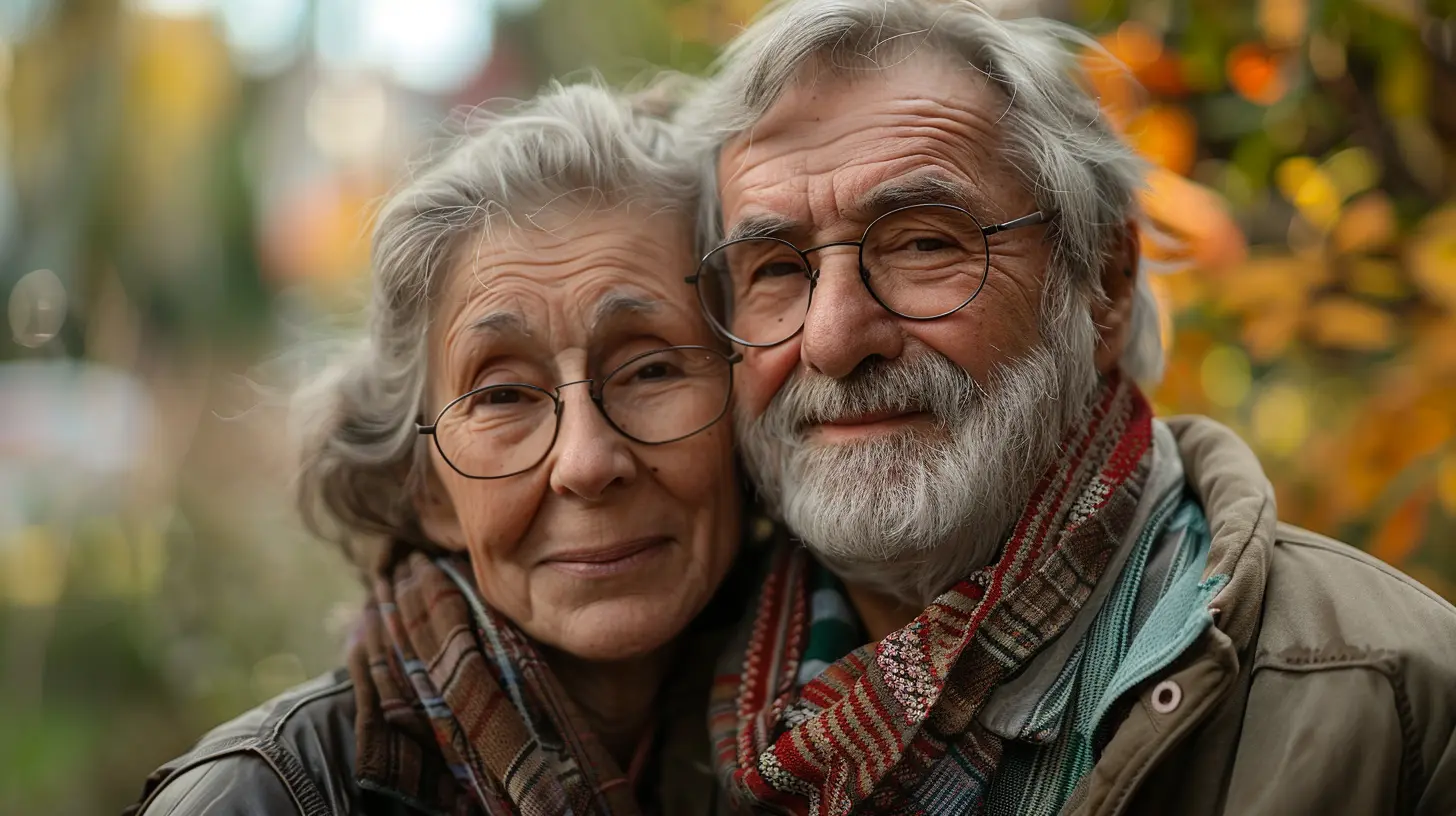
Friends: Your Brain's Personal Trainers
Sure, your bestie may not count your reps at the gym, but they are giving your brain a major workout. Regular conversations, shared laughter, even a little well-intended gossip—it all keeps the brain buzzing.Let’s put it this way: loneliness is like mental fast food—quick, unsatisfying, and bad for you in the long run. Friendships? They’re the whole-grain, avocado-toast kind of nourishment your mind craves.
And no, we’re not talking about having 10,000 followers on social media. A few real connections beat a sea of emoji reactions any day.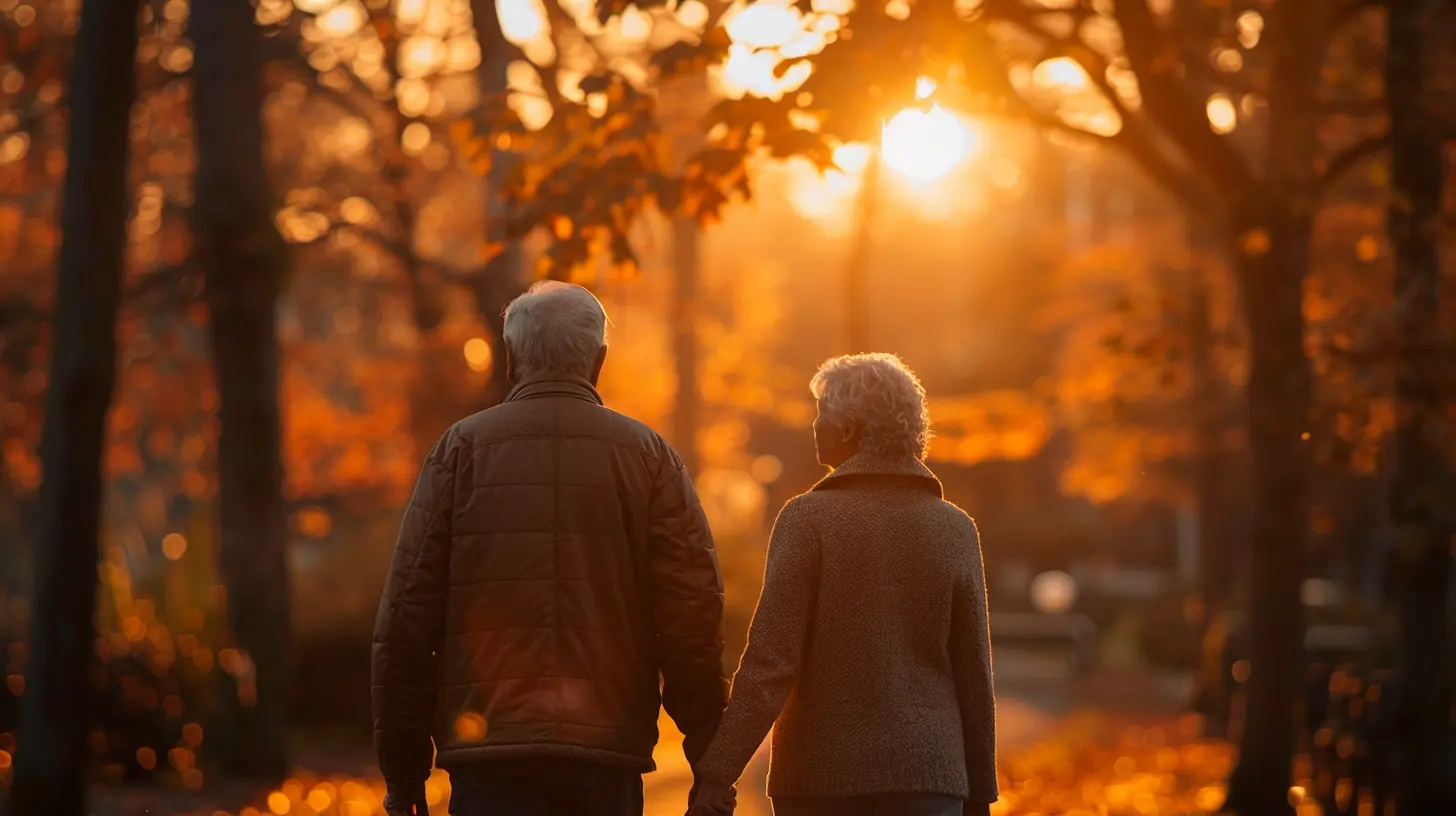
Romantic Relationships: More Than Just Date Nights and Netflix Binges
Let’s get sappy for a second. Romantic partners, when the relationship is healthy, can be your forever cheerleader, nurse, therapist, and travel buddy rolled into one. That kind of connection brings comfort, stability, and a whole bucket of endorphins.Married folks (or those in committed relationships) often report:
- Lower blood pressure
- Less depression
- Greater emotional resilience
- More motivation to stay healthy (because your partner will definitely remind you about that checkup)
Of course, not every romantic relationship is a fairy tale. Toxic ones can do the opposite. So if your heart’s GPS is constantly rerouting you to Drama-ville—maybe consider a detour, for your own well-being.
Family Ties: The Good, The Bad, and The Sunday Dinners
Okay, families can be tricky. One minute, they’re your support system. The next, they’re arguing about who forgot to bring the potato salad. Still, even the most dysfunctional ones play a role in how we age.Having a close-knit family—whether they’re blood relatives or a "chosen family"—can give you a sense of belonging and purpose. Whether it’s helping with grandkids or showing off new pictures of your garden to the in-laws, staying connected gives older adults motivation and joy.
The key, of course, is boundaries. You don't need to share a bathroom or a bank account to feel close. Sometimes a weekly phone call can work wonders for the soul.
Social Butterflies Live Longer (Yes, Really)
Ever wonder why Grandma's bridge club is still going strong after 50 years? Social engagement keeps people lively, present, and around.Here’s the truth bomb: people who engage in social activities—clubs, volunteering, weekly quiz nights—tend to live longer than those who don’t.
Participating in something, anything, beyond your four walls gives life meaning. It doesn’t have to be grand. Even a daily walk to the coffee shop where the barista knows your order can be surprisingly life-affirming.
And hey, if knitting circles and community choirs aren’t your thing, no sweat. Try a book club. Or a dog-walking group. Or even a cooking class. Just keep showing up, and the magic follows.
Loneliness: The Silent (and Sneaky) Health Risk
Let’s talk about the elephant in the (very quiet) room: loneliness. It’s not just about being physically alone—it’s that aching, invisible feeling that no one’s truly there. And it happens. A lot. Especially as we get older.But get this: loneliness has been linked to an increased risk of dementia, heart disease, and even early death. Yikes.
It’s like secondhand smoke for your mental health. You may not see it, but it’s doing damage under the hood.
Which is even more reason to:
- Reach out more
- Answer that phone call
- Say yes to the invite
- Or heck, make the invite yourself!
Digital Relationships: Swipe Right on Healthy Aging?
Let’s address the modern twist: tech.Sure, social media can be a rabbit hole of baby photos and cat videos, but for many older adults, it's also a lifeline. FaceTime dates with grandkids? Group chats with old classmates? Online communities around hobbies? They're all legit ways to stay connected.
Use the tech tools, but don’t let them replace face-to-face time. Consider them supplements, not substitutions—like emotional vitamin gummies.
Building Better Bonds (It’s Never Too Late)
Think it's too late to forge new friendships or reconnect with old ones? Think again.Here are a few easy-peasy ways to start:
- Volunteer: Helping others = helping yourself
- Say hi: That neighbor you always nod at? Initiate a conversation
- Join a group: Book clubs, walking groups, pottery classes—they're more social than you think
- Reconnect: Send that “Hey, it’s been a while!” text
- Use your hobbies: Love gardening? Find others who do too. Voila—bonding over begonias
It’s not about growing your social circle by the dozen. It’s about going deep, not wide. Quality over quantity wins every single time.
The Relationship-Aging Feedback Loop (It’s a Thing)
Here’s something fascinating: as we age, our priorities shift. We focus more on meaningful relationships and less on drama. (Goodbye, high school-style chaos. Hello, inner peace.)And guess what? This natural emotional evolution actually helps us age better. It's a beautiful, self-reinforcing loop.
- We get older → We invest in stronger relationships
- Our relationships improve → Our health improves
- Our health improves → We get to keep enjoying those relationships longer
It’s like a boomerang of happiness that keeps coming back… as long as we keep throwing it.
Final Thoughts: Your Social Life Might Just Save Your Life
So yeah—aging is inevitable. Wrinkles happen. Joints get creaky. The music gets too loud (aka, we get too old). But the secret weapon to aging well isn’t hidden in a supplement bottle or buried in an exercise routine—it’s tucked into our relationships.Whether it’s laughing with old friends, holding hands with your partner, or texting your niece a funny meme—those connections are doing major work behind the scenes. Think of them as the scaffolding propping up your mental, emotional, and even physical health.
So go ahead—make that call, send that text, join that club.
In the great adventure of growing older, connection isn’t just the cherry on top. It’s the whole sundae.
all images in this post were generated using AI tools
Category:
Healthy AgingAuthor:

Holly Ellison
Discussion
rate this article
1 comments
Coral Cook
Healthy aging isn't just about the body—it's about the heart and mind too. Nurturing relationships can be the secret ingredient to longevity, proving that love and laughter are as vital as a balanced diet or regular exercise.
October 28, 2025 at 3:45 AM

Holly Ellison
Absolutely! Strong relationships greatly enhance emotional well-being, which is just as crucial for healthy aging as physical health. Love and laughter truly nourish the soul.

